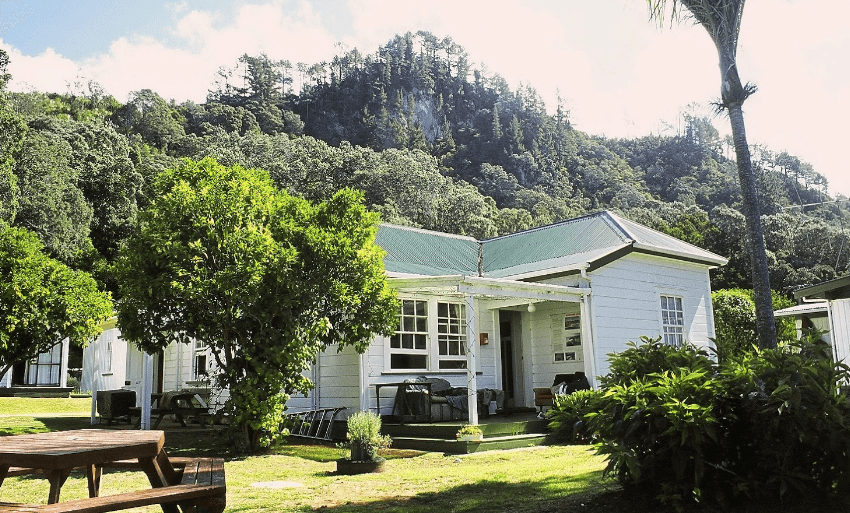Former YHANZ board member and Opoutere YHA member Mark Ebrey argues that the national board of the Youth Hostel Association is losing touch with the people that really matter – it’s members.
All over the country, organisations are losing touch with their stakeholders. The Plunket Society recently taking over local branch funds is just one example of organisations increasingly riding roughshod over the people who support them.
St John did the same late last year, by disbanding its Ohura branch committee and taking over its bank account. The account was said to contain hundreds of thousands of dollars raised by the branch.
More recently, we’ve seen Air New Zealand give the finger to regional airports such as Kapiti and Kaitaia in the name of corporate efficiency.
There is a battle currently underway between a member group of the Youth Hostel Association of New Zealand and the national board. It’s over the national board’s decision to effectively ignore a motion passed at the annual meeting in Wellington late last year: to defer closure of its iconic Opoutere Youth Hostel in the Coromandel for 12 months in order to enable all stakeholders to have an input into the hostel’s future.
The Opoutere YHA Members Group has received a legal opinion that says the national board’s decision to ignore the direction of the motion is unconstitutional, but we’re left with the impression the board doesn’t care. They have made no response to the legal opinion forwarded to them other than to say they will reply at an undefined time in the future.
The Opoutere decision is just a symptom of the problems faced by YHA members to rein in the board and get it to respect the wishes of its members.
YHANZ was set up originally by Cora Wilding to provide a means of helping poor urban families to get out into the country, and meet others in the same boat. At its peak, YHANZ had dozens of hostels spread across the country that were operated and maintained by voluntary member groups.
As time went on and the members aged, the voluntary member groups slowly disappeared and control of the hostels passed to YHANZ’s national office.
In recent years the national board has carried out an aggressive co-option programme, to create a board that now has only one member who could truly be said to be a YHA member in the traditional sense. He was elected last year amid growing member concerns.
At the same time, they have closed or sold all of the hostels that are not in main cities or tourist towns like Queenstown and Wanaka – effectively turning YHA into just another “flashpacker” chain. The decision to close the only “experiential” rural hostel left – Opoutere – at Easter this year was the last straw for the members who make up the Opoutere YHA Members Group.
Their frustrations about being able to get the board engaged last year led to a constitutional notice of motion calling for the introduction of a disputes resolution process, which failed to get the required 66% majority at the annual meeting. But group members say the way that process was handled has only fuelled their disquiet.
The problem is that the national office controls the information flow to members. With the disappearance of branches and member groups, that means anyone who disagrees with the national board has found it almost impossible to get their voices heard by the membership.
One of the more outspoken members of the Opoutere group has been threatened with expulsion from YHA, after he accused the national chair and senior staff of misleading members at the annual meeting, an accusation they say is “disrespectful”.
The current position is that the Opoutere Youth Hostel has been closed and we’ve been told negotiations are under way with a third party to run it as an outdoor education centre.
YHANZ chief executive Mark Wells has offered to work with the Opoutere YHA Members Group as part of this process – but they are reluctant to do so if it is on his terms. He and the national board have still failed to act on the outcome of the motions carried at the annual meeting as per the constitutional procedure.
It raises the question – who is the national board actually representing if it is prepared to ignore so many members? Complaints have been lodged with the Charities Commission and Department of Internal Affairs over the YHA board’s actions and its consistency with the Charities and Incorporated Societies Acts. What we want more than anything is for the board to show it is listening.
The Bulletin is The Spinoff’s acclaimed, free daily curated digest of all the most important stories from around New Zealand delivered directly to your inbox each morning.



